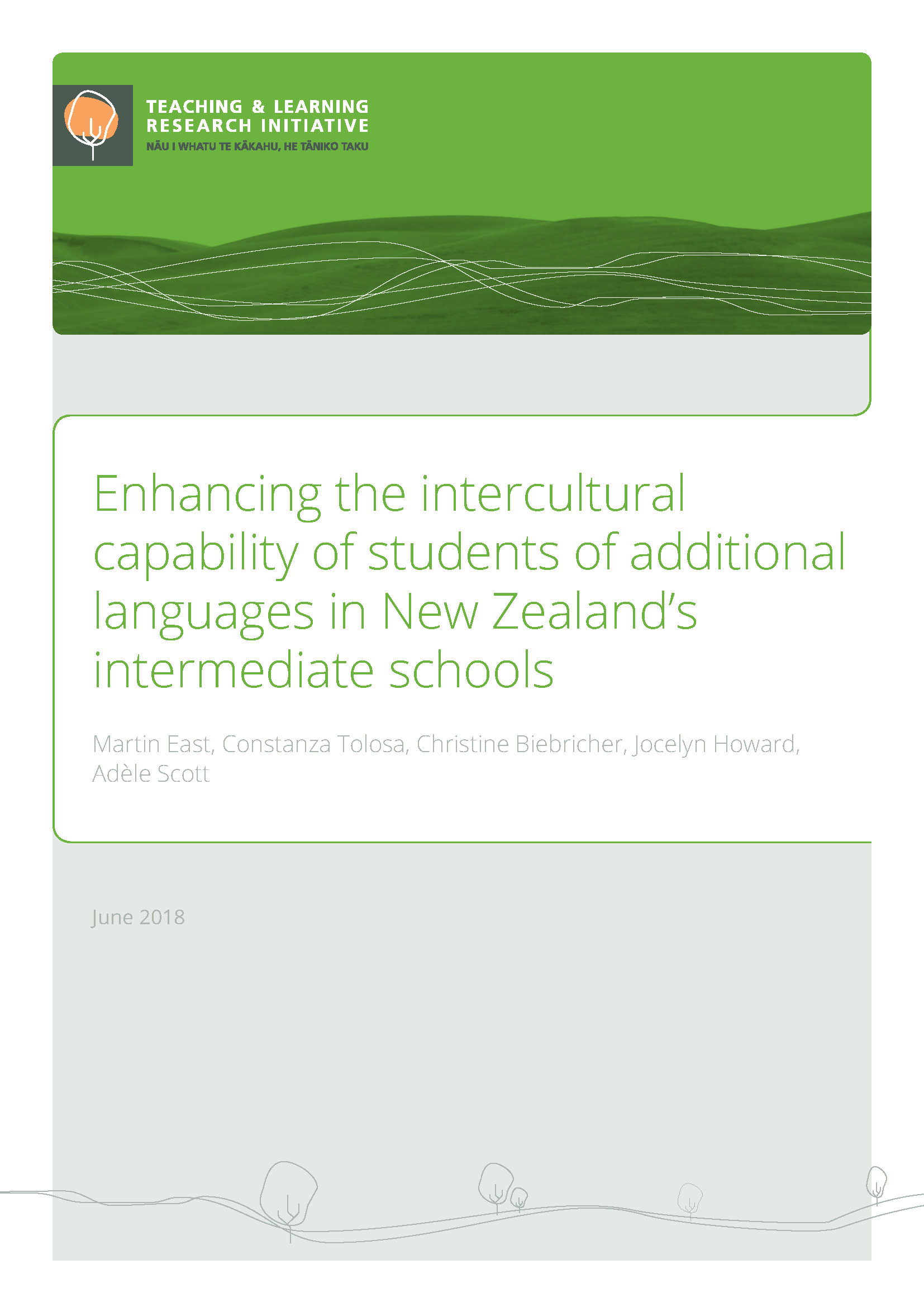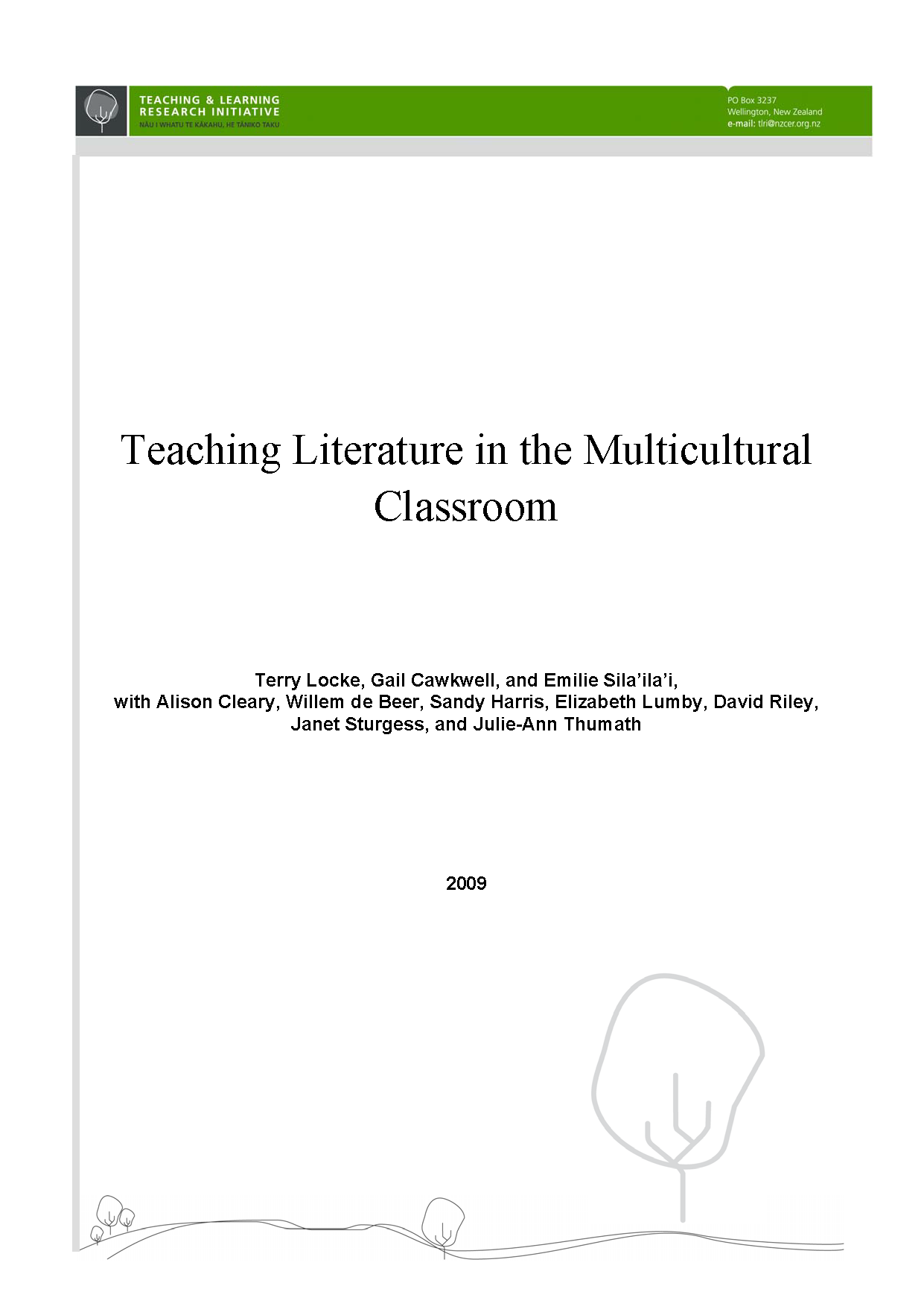
Enhancing the intercultural capability of students of additional languages in New Zealand’s intermediate schools
Introduction The purpose of this TLRI-funded study was to investigate how five Year 7/8 teachers of additional languages in four primary/intermediate schools in New Zealand supported their students to develop their intercultural capability in the context of learning a language additional to the language of instruction. The teachers taught a range of languages (Chinese, Japanese, French, te reo Māori). We define intercultural capability as the ability to relate successfully and comfortably to people from different cultural backgrounds, appreciating and valuing one’s own culture and uniqueness alongside the cultures and uniqueness of others (Liddicoat, 2005). Our study was motivated by national and international rationales. In light of the increasing diversity of backgrounds


